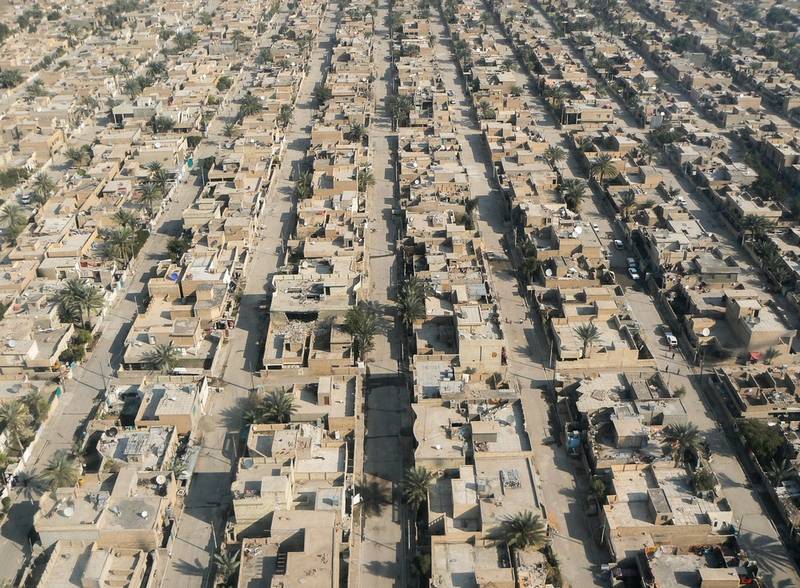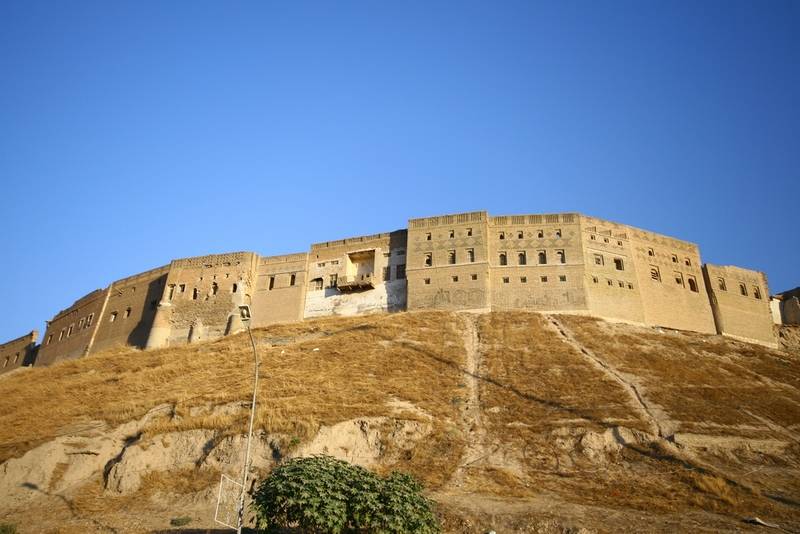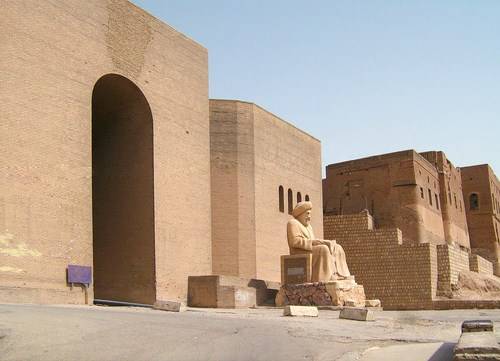Iraq, a country located in the heart of the Middle East, is a land rich in history, cultural diversity, and ancient civilizations. With a legacy stretching back to Mesopotamia, often considered the cradle of civilization, Iraq boasts a heritage that encompasses the Sumerians, Babylonians, Assyrians, and various other influential empires. Despite its historical significance, Iraq has faced significant challenges in recent decades, including conflicts, political instability, and socio-economic upheavals. The country’s diverse population, comprising Arabs, Kurds, Turkmen, and other ethnic groups, contributes to its cultural mosaic, shaping its traditions, languages, and customs. Amidst its struggles, Iraq continues to strive for stability, progress, and the preservation of its invaluable cultural heritage, while also seeking to build a more peaceful and prosperous future for its people.
Baghdad
 robert-strain/shutterstock |
Baghdad, the capital city of Iraq, stands as a historical and cultural nucleus in the heart of the country. Known as the “City of Peace” in ancient times, Baghdad served as the thriving center of the Islamic Golden Age, fostering advancements in science, philosophy, literature, and the arts. The city’s rich heritage is reflected in its iconic landmarks, such as the Al-Mustansiriya School, the Al-Kadhimiya Mosque, and the famous Abbasid Palace. Situated along the Tigris River, Baghdad pulsates with a vibrant blend of modernity and tradition, boasting bustling markets, diverse cuisine, and a population renowned for its warmth and hospitality.
Erbil
 Erbil Citadel, claimed to be the oldest continuously inhabited site in the world. homeros |
Erbil, often referred to as Hewler in Kurdish, stands as one of the oldest continuously inhabited cities in the world, with a history that dates back over 8,000 years. At its heart lies the Erbil Citadel, a UNESCO World Heritage Site and an emblem of the city’s rich past. This ancient citadel, perched atop a tell, represents layers of history, featuring archaeological remains from various civilizations, including Assyrian, Persian, and Ottoman periods. The Citadel’s distinctive mud-brick structures, narrow alleyways, and historic buildings, such as the Qaysari Bazaar and the Erbil Civilization Museum, encapsulate the city’s cultural significance and architectural heritage.




